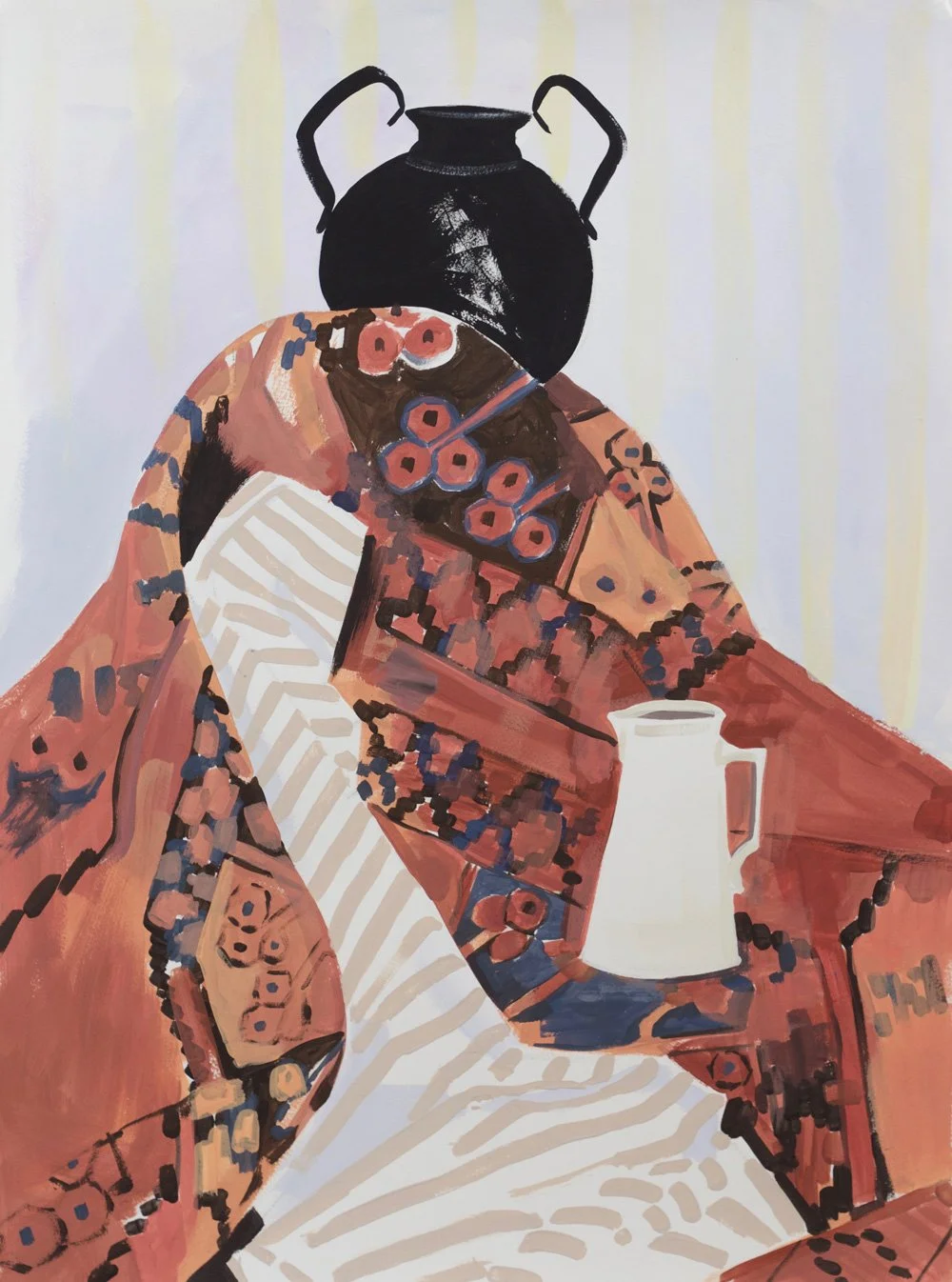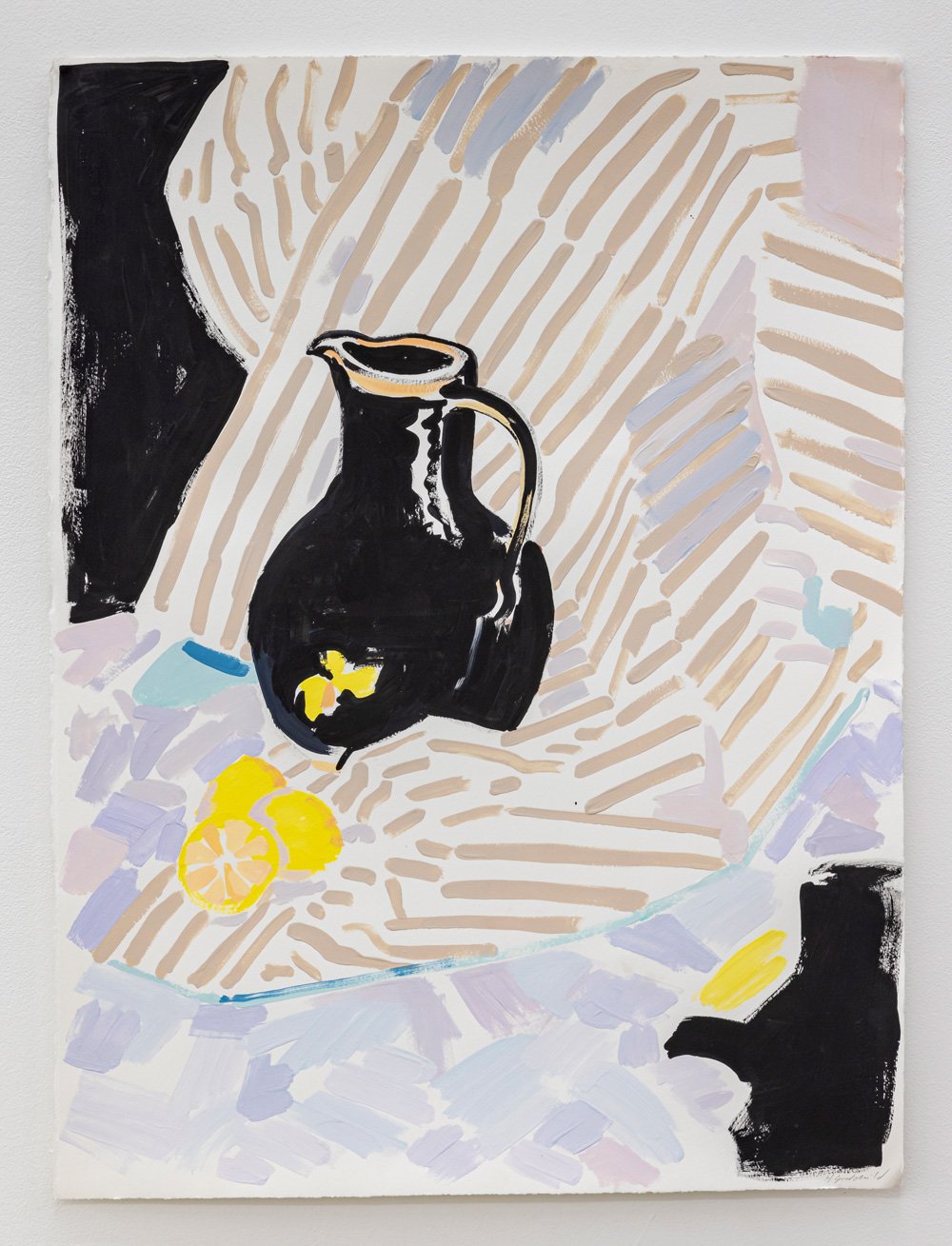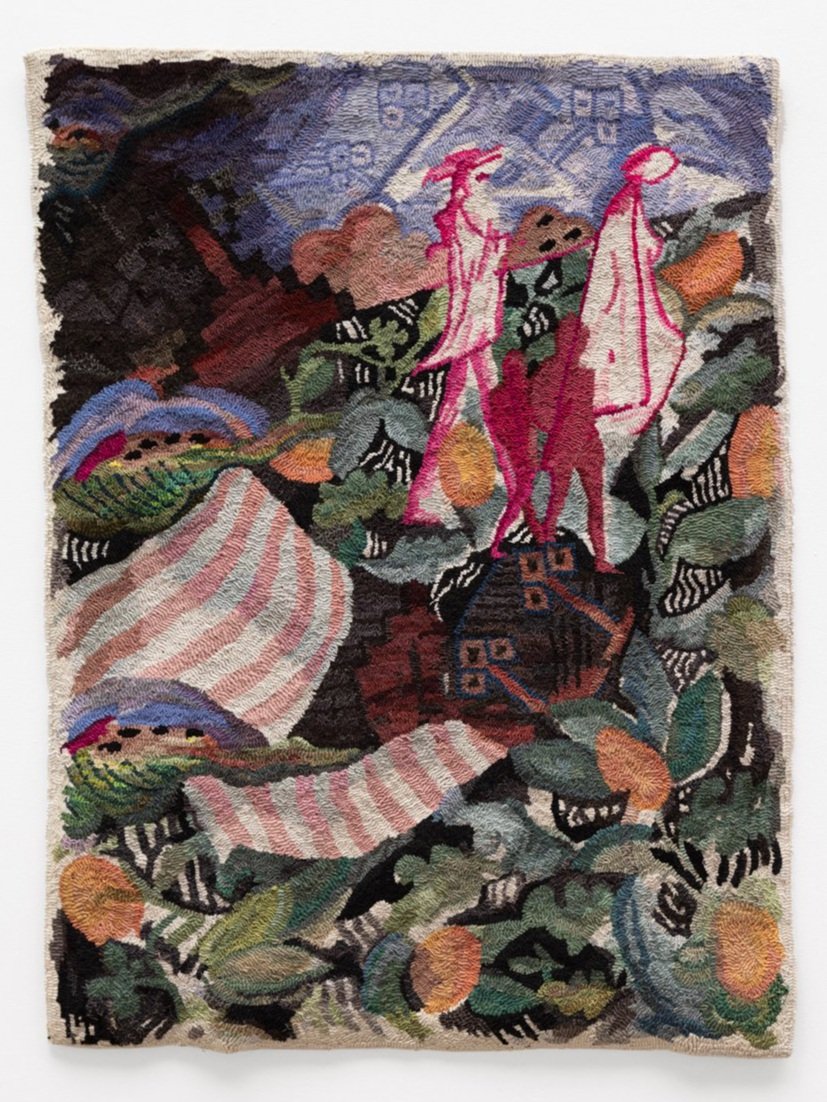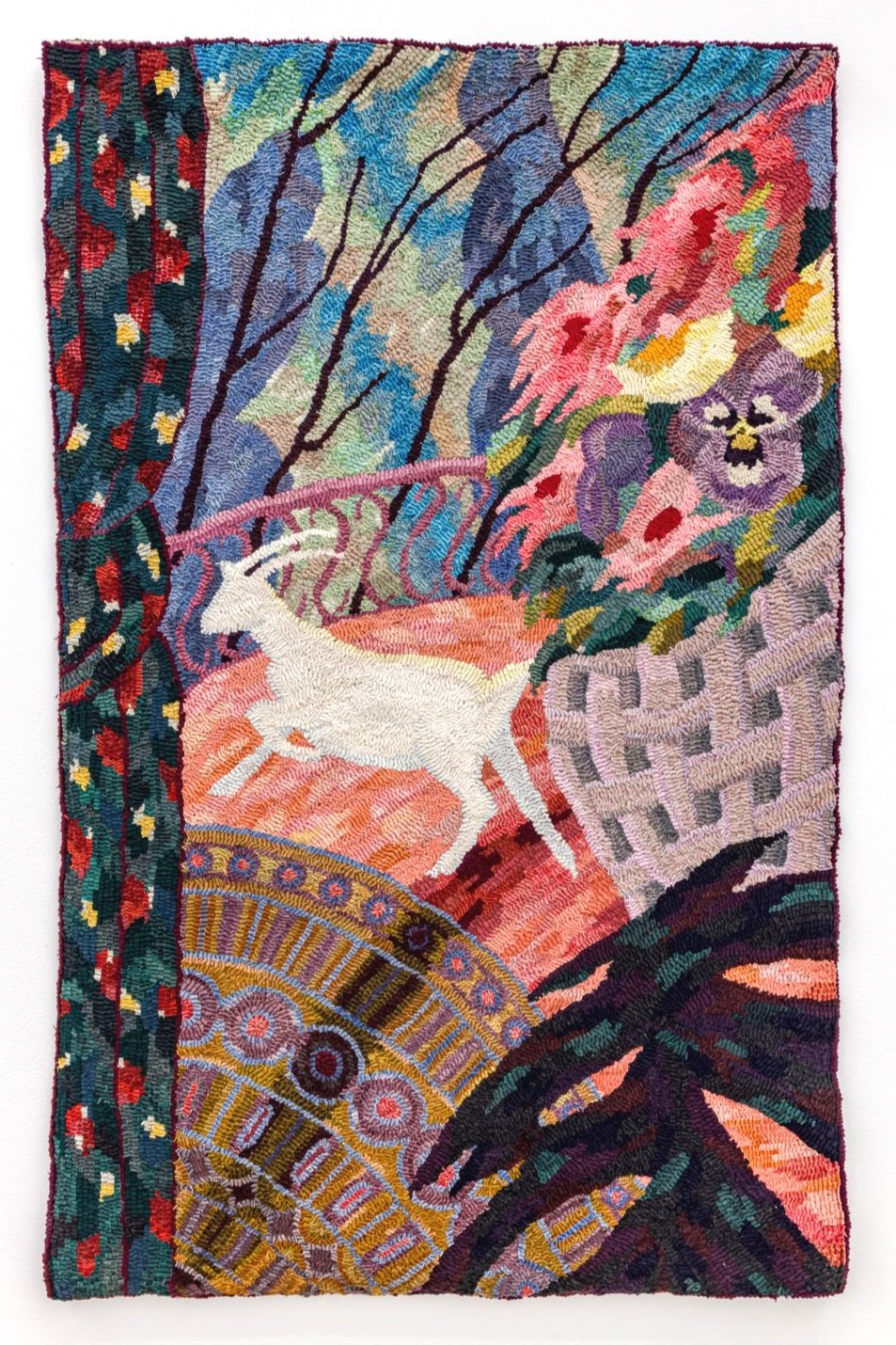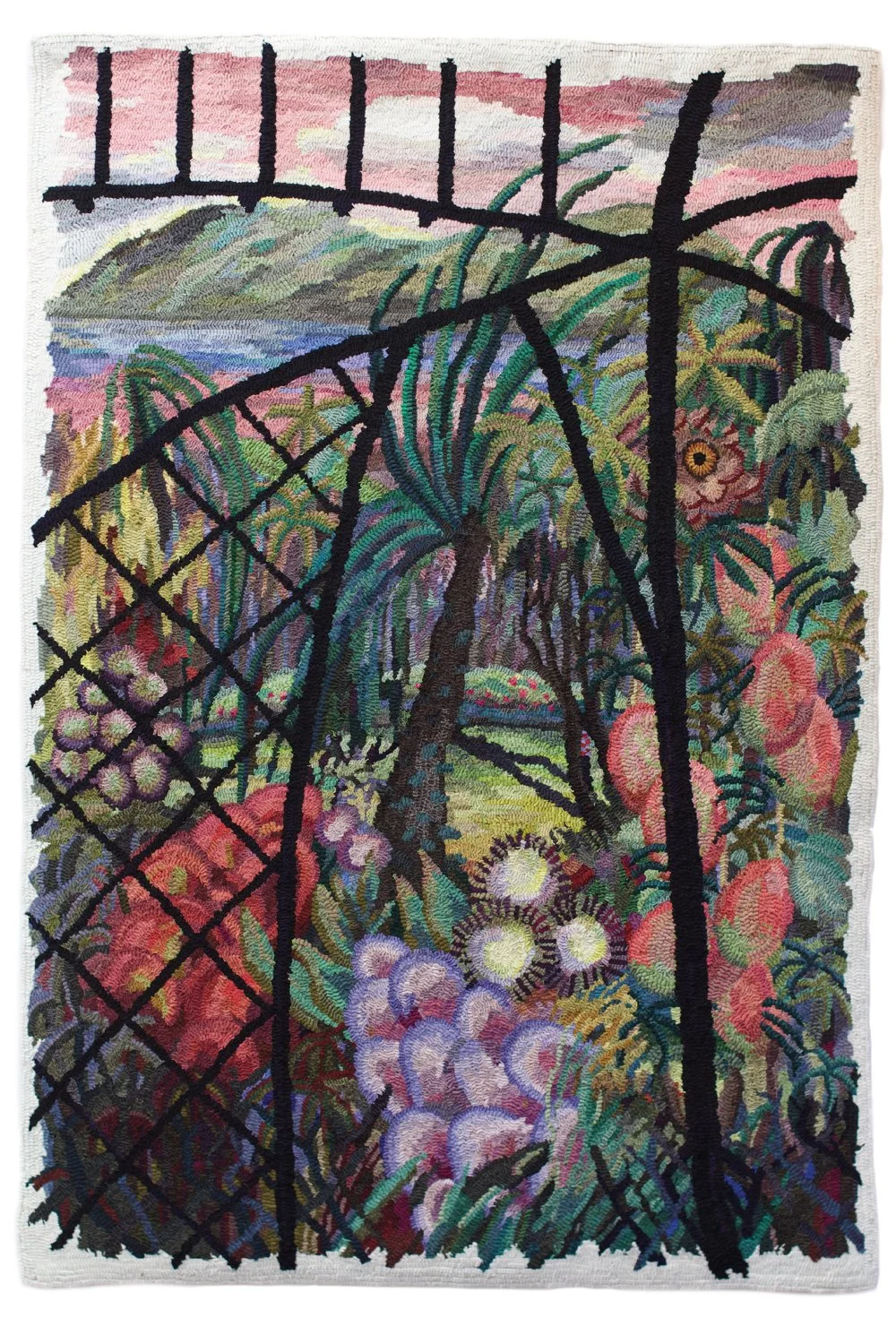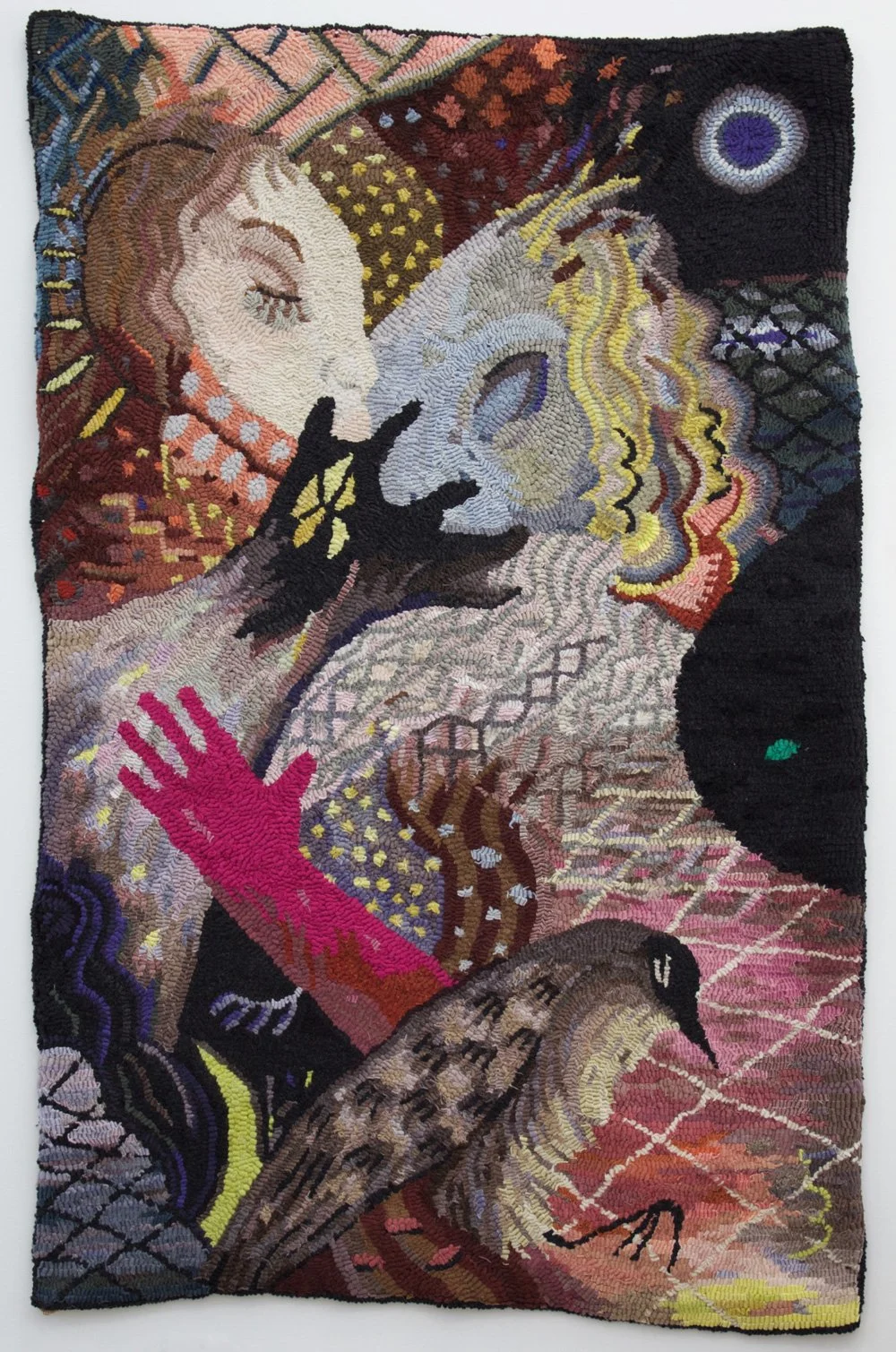Sone of Elsewhere
By Elamin Abdelmahmoud (McClelland & Stewart)
Reviewed by Niel Price
In his memoir, Son of Elsewhere, Canadian journalist Elamin Abdelmahmoud explores the turmoil of immigrating to Canada from Sudan at the age of twelve, where he struggled to fit into new identities, relationships, and cultures. Through humorous, self-effacing, and occasionally poignant essays that traverse various topics such as race, WWE wrestling, television shows, marriage, fanfiction, family strife, and Sudanese history and politics, Abdelmahmoud delivers an eclectic and fragmentary rumination on his coming of age in the predominantly white city of Kingston, ON.
Coming from Sudan—where notions of race are complicated by Arab identity, colonization, and shadeism—Abdelmahmoud’s first and biggest struggle upon arriving in Canada was being considered Black. “I left Khartoum as a popular and charming (and modest) preteen,” he says, “and I landed in Canada with two new identities: immigrant, and Black.”
Rather than wholeheartedly embrace this realization, Abdelmahmoud tries to understand Blackness through pop culture after a cousin points him to hip hop music and fashion as wayfinding signposts. Ultimately, however, Abdelmahmoud rejects these cultural artifacts in hopes of being accepted into whiteness. “I ran away from anything I saw as ‘Black,’” he writes.
With time and self-reflection, Abdelmahmoud realizes this avoidance strategy will not serve him well. “I became Black the way a person falls asleep: slowly at first, then all at once,” he writes. Through new relationships, self-study, and university experiences, he learns how race and history have impacted him and the people in his life. As this awareness grows, he starts to see connections between his own experiences and that of Sudan. Both are embroiled in struggles to throw off the impacts of colonization in search of a way forward. “You cannot banish the ghosts from your past, but you can turn from them, flailing, and limping toward redemption.”
While Abdelmahmoud’s engagement with race and his gradual acceptance into an imagined Canadian nationality takes up most of the book, its best parts deal with the intimate fissures and strains that run through his family life. For example, we learn about festering tensions with his parents, and then while he establishes new relationships, his mother’s health falters as both parents’ longing for the life they once had in Sudan intensifies. In a later essay, the book’s prose sings when Abdelmahmoud describes how his falling in love and eventually marrying a white woman throws his relationship with his parents into crisis.
But the book offers more than these interpersonal sagas. The contradictions of moving toward Canada and away from Sudan, for example, are articulated keenly through the author’s coming to terms with his fading facility in Arabic. “My Arabic,” he notes, “is forever suspended in that place—I don’t know how to be a fully grown adult in Arabic. I don’t know how to reveal the inner workings of my brain in Arabic.”
Through all his searching and self-discovery, Abdelmahmoud comes to realize that life in Canada is hard for Muslims. In an intriguing section, he shares how the famous soccer star, Mohamed Salah, has become a beacon of hope and pride for Muslims in the West. “For so many Muslims, so many Arabs, day-to-day life hasn’t changed much,” he writes. “The racism and discrimination and suspicious looks are still a common enough experience. But a North Star has appeared. We can watch one of ours be the best in the world at something and ride his coattails.”
While Son of Elsewhere traffics in some of the hackneyed immigrant story tropes readers have come to expect, it also brings us into a delightful Sudanese–Canadian world that we seldom experience. By offering a moving and earnest account of emerging into a fuller knowledge of race, culture, and identity, Abdelmahmoud makes a valuable contribution to our understanding of what is both gained and lost when we call new places home.
Nomenclature (New and Collected Poems)
By Dionne Brand (McClelland & Stewart)
Reviewed by Keith Garebian
A major poet, whose principal theme is diasporic history—especially of the Black diaspora in the Americas—Dionne Brand is full of passionate conviction, energy, relentless drive, and lyrical skill, though her work is also marked by less appealing formal and didactic quirks and mannerisms. Nomenclature includes new poems and collects eight volumes of Brand’s work, omitting her debut collection, ’Fore Day Morning: poems (1978) (which Brand calls her juvenilia) and The Blue Clerk: Ars Poetica in 59 Versos (2018) (a verse essay). The collected work can be overwhelming in terms of sheer volume and urgency, even if one is sympathetic to Brand’s political and social activism.
On the one hand, there are the merits that Christina Sharpe outlines in her substantial introduction: “the intimacies and estrangements of histories, the radical inventiveness of communities, the glottal endeavours of sound and language, the ways that one is held in and by enclosure”; “the largeness of blackness that gives heft to Brand’s work,” by which she means Black communities anywhere, beyond nationality; her “numeracy” or ability to reason using numbers, as in her attacks on imperialism, invasion, and the foreclosure of possibility. On the other hand, I note idiosyncrasies such as an overuse of lists or inventories, a relentless polemical tone, disjointed syntax in the service of dialect, and a romanticization of radical leftist political ideology. It is possible to justify some of the idiosyncrasies: inventories can be useful to a poet to archive what can be overwhelming, and verse dialect (as Charles Bernstein contends) refuses allegiance to standard English without necessarily laying claim to an affiliation with a definable group.
The earliest quirk—as seen in Primitive Offensive (1982)—is a staccato insistence on maintaining a virtual drum beat (“ancestor wood / ancestor dog / ancestor king / ancestor old man”). While the cantos emphasize the sheer willpower needed to survive various forms of colonial abuse, there is an artificial theatricality to them: “Naked skin woman dance, run / belly full of wind / I dance, run / my arms then eloquent wisps / worn over this shawl of a face, / something of a poised mantis / so poised, turned to wood.” Chronicles of the Hostile Sun (1984), dated with entries before, during, and after the US invasion of Grenada, is filled with poems (as Sharpe declares) “for and to friends, comrades, other poets, revolutionaries.” Informed by Brand’s strong political animus and brutal satire, the collection exercises anecdotal skill, as well as some splendid scene-painting and diaristic narrative, but sometimes the rushing, urgent lines disintegrate on arrival.
Brand is quite capable of epigrammatic terseness in Winter Epigrams (1983) and Epigrams to Ernesto Cardenal in Defense of Claudia (1983), but her rejection of smartness in various aspects of life weighs down her technique. Yet, it is only fair to praise her lyrical riffs on dystopian sentiments and realities (unending wars, fundamentalisms, violences in thirsty [2002]), as well as her succinct impressions of urban life (“separate dreamers” in “a mass of silences” and “a universe of halted breaths”), her use of counterpointed voices and images (from history, music, and painting) that sound and reckon with what can and cannot be reconciled in living museums of fading cultures and ideas (as in Ossuaries [2010]), and her lists that are also lamentations (seven in Inventory [2006] alone).
For me, her most appealing collections are No Language is Neutral (1990) and Land to Light On (1997). The first, whose title is taken from Derek Walcott’s Midsummer, is built on poems addressed to Phyllis Coard, one of the founding members of the National Organization for Women of Grenada, and is a rebuttal to what she deems white history. Brand, who worked for the revolution in Grenada, is explicit about what she has fashioned out of the weight of inherited colonial language: “I have come to know / something simple. Each sentence realised or dreamed jumps like a pulse without history and takes / a side. What I say in any language is told in faultless / knowledge of skin, in drunkenness and weeping, / told as a woman without matches and tinder, not in / words and in words and in words learned by heart, / told in secret and not in secret, and listen, does not / burn out or waste and is plenty and pitiless and loves.” As Sharpe puts it: “Brand writes again and again into that dilemma that is witnessing—she writes into that gap between what has been done and an accounting of it. What happens in thresholds, doorways, and on street corners? What is registered in flesh, in bone, in viscera? What accumulates in lungs, chests, hearts, skin, and eyelids?”
Land to Light On shows a poet who is not of a single voice. Her book speaks to British imperialism, the rapaciousness of capitalism, the vacuum in radical leftist politics, and the way race, sex, gender, and language shape language and identity. Encompassing a wide stretch of history and references (colonial Spain, Russia, Poland, Nicaragua, the US, Sri Lanka, etcetera), Brand delivers a withering verdict on her era, while admitting to her own vulnerabilities. Her technical span is also impressive, with the verse flowing and building in dense chunks and then couplets.
Nomenclature for the Time Being (2022), the summative book (though the anthology leads off with it), brings together themes, moods, and historical and philosophical perspectives. Here, Brand consolidates herself as a poet who refuses “to reproduce whiteness,” acknowledging in the process that she has lived “a strange, strange life” in a world where the oppressed continue to live in an “emergency situation.” The content is a rehearsal and rephrasing of what she has continually expressed, without, however, expanding the power of what has come before.
in the bowl of my eye (Mawenzi House) & Finger to Finger (Frontenac House)
By Keith Garebian
Reviewed by John Oughton
Keith Garebian is well known both for his poetry and his literary and drama criticism. Some veteran poets find a modus operandi that includes certain themes or settings and ways to write about them that becomes a comfortable rut. There may be some wonderful poems in their later work, but their approach is no surprise. Garebian is not that kind of poet. I will approach his latest two books, in the bowl of my eye and Finger to Finger in the order in which I read them rather than their order of publication.
As the author’s note states, “in the bowl of my eye is a radical departure from my previous poetic themes and aesthetic practices.” The heart of this book is place, specifically the Lakeshore area of Etobicoke and Mississauga. But rather than extolling the beauties of the lake or autumn leaves, Garebian declares, “I have sought to refuse familiar tropes of nature poetry.” Most of the poems concern neighbours and community members or his own life there. As one might expect from a writer so adept at criticism, there is little sentimentality here. Even though quotations from Walt Whitman introduce sections of the book, Garebian does not follow Whitman in embracing all humankind, seeking the common spirit in himself and others. I don’t mean that the voice here lacks compassion, passion or love, but that his sharp perception isolates each subject almost clinically. In this book, he is more the flâneur, noting those he passes without necessarily engaging with them. Hence the title—he’s inspired by what lingers in the bowl of his eye.
There’s an echo of Yeats’s self-selected epitaph here: “Cast a cold eye, on life, on death. Horseman, pass by.” Speaking of other writers, the author works their lines into his own in an intriguing way. Rather than using them just as an epigraph at the kick-off, they’re woven into the poems, as if the resonance suddenly occurred to him. He incorporates quotations from Wendell Berry,
Nietzsche, Susan Glickman, Bruce Meyer, and others, shifting the poems from an inner monologue to a conversation with the larger literary world.
These poems are set in suburbia, a liminal space between the grittier big cities and the open fields and farms. As the speaker says in “Suburban Purgatory”:
suburbia being ex-urban
pedestrian, minds as finely clipped
as lawns luxuriating in weed-killer.
Suburbia is not traditionally a fertile place for inspiring poems. Yet Garebian, without romanticizing his locale, views it as a space as uncertain as Hong Kong, with its protests and repression, or as the US mired in toxic politics, interweaving lines from the Irish poet Eavan Boland in “Prologue”:
And I live in suburbia,
no paradise or Sahara.
Suburbia, I know too well
“the kitchen bulbs
which blister your dark”
Some poems are quiet, carefully pared observations. Others surprise with a sudden punch—like “You Who Knew the Name of Every Plant,” about his relationship with a gardener, which concludes, “We smell of mortality.” Formally, all are free verse and unrhymed, but there is considerable variation in line breaks, overall length, and use of stanzas. This echoes the fact that each poem addresses a different subject or a distinct way of experiencing the world.
Finger to Finger, despite its different themes, has some commonalities with in the bowl of my eye. One is the cosmopolitan, globe-trotting sophistication of a writer born in India to an Armenian father and Anglo-Indian mother, who then moved with them to Canada, and has travelled extensively himself. Another is Garebian’s honesty, calling things as he sees them. He strips bare his own confusions and illuminations without overly lyrical imagery or evasions. This is an intriguing approach for a poet who also writes, “the dream was the heart / lying to itself the way poetry sometimes does.”
Finger to Finger focuses on more personal issues, particularly relationships, marriages, the death of parents, raising a child, and exploring one’s sexuality. The title, which at first recalled for me Michaelangelo’s famous image of God creating Adam, is drawn from a poem about Garebian’s last contact with a dying ex-wife. Garebian reveals that he has had relationships with both men and women. He writes about these with both directness and tenderness, noting that caring for another can survive even a break-up. He does not spare his own errors and hesitations during the hard work of loving others. As he puts it in “Mind Swallows Itself”:
as I write,
hoping to forgive myself
for so often prizing books above
humans
I found the final poem is this collection the most moving. Inspired by a throat cancer diagnosis, in “Lost in Old Age,” the poet confronts the meaning of life and death in indelible lines:
we’re no longer part
of the universe’s phantom design,
we have been writing
ourselves on sand, on water
He ends with a couplet that neatly encapsulates the paradox in understanding that we will end, at least in our current and mortal forms: “our exhausted wake, as we sleep to rouse the infinite.”
Such lines make this reader hope that these two collections are not Garebian’s final words in poetic form.





